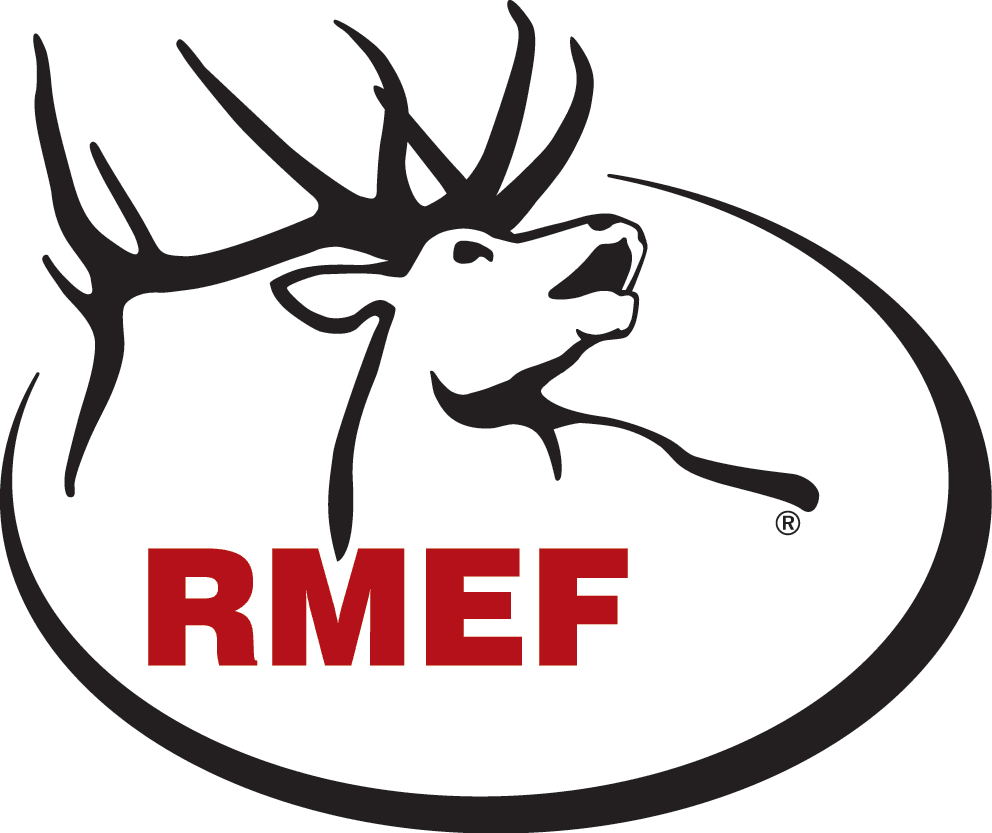Elk Hunting: a Thinking Man’s Game
Rocky Mountain Elk Foundation 08.20.14

It’s possible to wander out in the woods and blunder into elk, but if that’s your principal strategy, then you’re probably not destined for great success as an elk hunter. Consistent luck requires premeditation. Anticipating, planning and preparing. Even visualizing the encounter before it happens.
That’s the boiled-down advice from America’s ultimate pool of elk-hunting buddies.
Now with a record 203,000 members, the Rocky Mountain Elk Foundation is a 30-year conservation workforce of hunters, volunteers, donors, outfitters and partners from across the hunting industry. It’s a network that branches high, wide and awesome. Put any two individuals together, and the talk will invariably turn to hunting adventures in far-flung corners of elk country. As a lifelong hunter himself, now seven years on the job as the RMEF president and CEO, David Allen is nothing if not well counseled on elk hunting.
“If you ask me for one takeaway, I’d say successful elk hunting is mostly about being smart,” said Allen. “Elk hunting tests your body, of course, but it’s really a thinking man’s game. More than any other North American game species, hunting elk – especially with a bow – tests your mind. The people I know who consistently kill elk are those whose brains can foresee and manage multiple challenges all at the same time.”
Put another way, “First, you have to be able to think like an elk. Then, second, you have to be able to think several steps ahead of it,” he added.
Allen said it’s a skill learned from experience.
“It starts with knowing where to find elk. It’s not random. They’re usually in a location for a reason. Solving that problem is the first step to a good hunt,” he said. “Once you’ve located elk, then you must consider all the elements that might keep you from getting close. At the top of that list are the elk’s senses: sight, sound, smell. You have to figure out how to approach, how to keep yourself concealed, how to predict wind, how to use terrain and cover, how to get to where the animal is going rather than where it’s been, how to outthink an animal that’s always alert, always aware, all the time.”
Stalks can take hours. A strong mind is required to help a hunter stay focused.
Screw it up, and your next test is figuring out where elk go after they’re blown out. On a large and wild landscape, this can be the biggest mind-game of all. But, Allen said, “The ability to adapt to fluid situations is just another mental hallmark of successful elk hunters, and another part of the challenge that makes elk hunting so fun.”
Contact:
Mark Holyoak,
RMEF, 406-523-3481 or mholyoak@rmef.org

